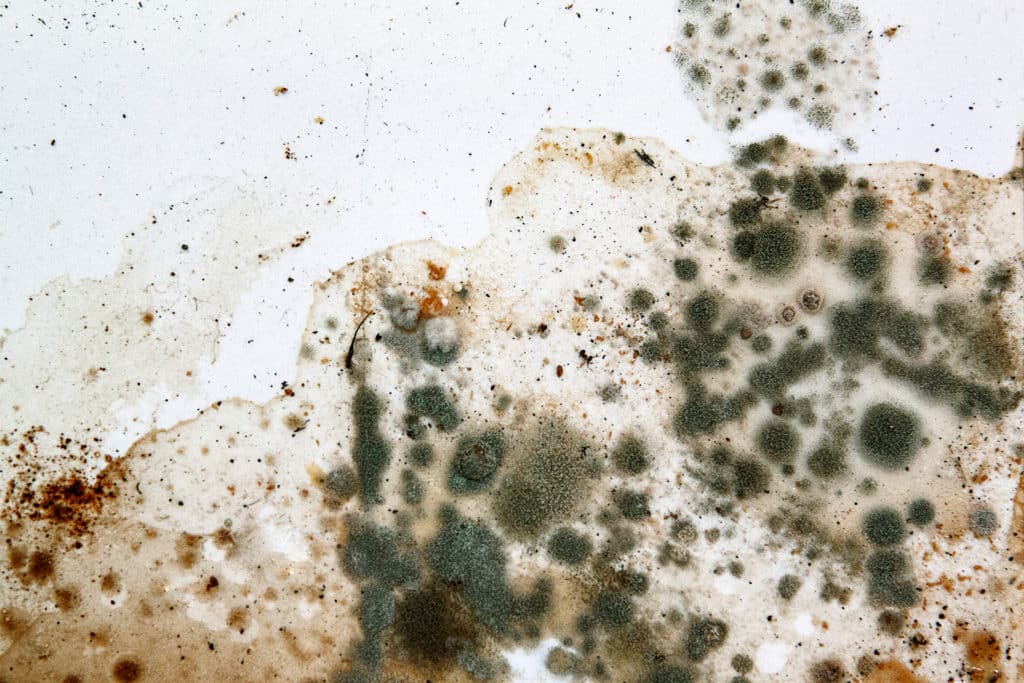
Need help with a basement project?
Call ProMaster Home Repair!
513-322-2914
You may never be able to completely moisture-proof your basement. There are things, however, you can do to mitigate the amount of moisture that occupies your basement, and the effect that this moisture can have.
1. Use “mold-proof” building materials
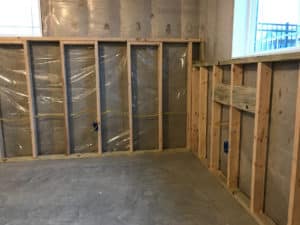
2. Run a dehumidifier (or two)
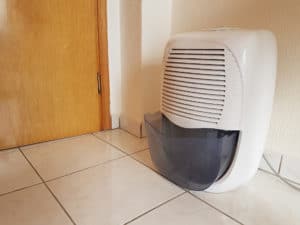
3. Make sure it’s ventilated
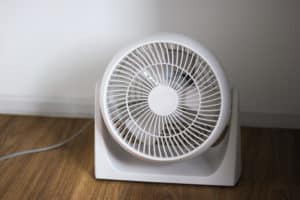
4. Have air ducts cleaned
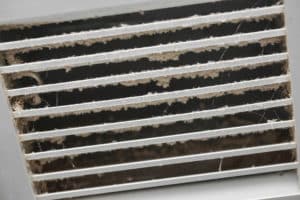
5. A fresh coat of mildew-resistant paint
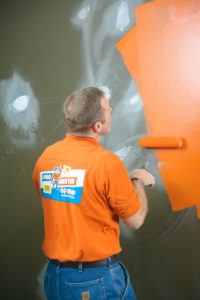
6. Replace your carpet with LVT (Luxury Vinyl Tile)
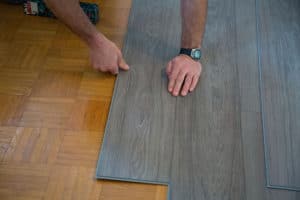
What if I already have basement mold and mildew?
Serious mold issues need to be dealt with by a mold remediation company. Any amount of mold can be a health concern for you and your family. If you have an area of concern larger than 3 feet by 3 feet, you should call a professional mold remediation company.
If, however, you’re dealing with random mildew stains on your ceilings, interior doors, or walls, you can use a borax and water combination to clean them and prevent recurrence. Mix a one cup (borax) to one gallon (water) mixture, and wipe down the area with a sponge or rag. It’s better to not use bleach, as this can affect the color of the surface you’re cleaning.
Another trick that the professionals use is to treat the area with an ozone generator. These machines fill a living space with ozone, killing biological materials such as mold, mildew, fungus, and small pests. Ozone is harmful to living things, including humans and pets, so it’s vital that you evacuate the home during treatment, and for at least one hour after so the Ozone can dissipate. Always follow manufacturer’s directions and safety warnings. The positive, however, is that the mold and mildew in the living space will be killed, and the musty smell will be gone as well. You should read more about using ozone generators before attempting their use, but they are a go-to solution for many mold remediators.
Need help with a mold-proof remodel or repair? Call ProMaster!
If you’re ready to frame, build out, paint, or otherwise mold-proof your basement, no problem! Our team of craftsmen would love to help you with any of your home repair needs, including basement remodeling. Simply call 513-322-2914, schedule online, or use the “Reach Out” form at the bottom of this page.




Speak Your Mind